I recently had the opportunity to speak with a citizen of North Korea living in a city called Wonsan. Located along the Eastern side of the peninsula, it is a port city containing a naval base. The city in which he lives contains numerous major factories for the DPRK (Democratic People’s Republic of Korea) and has about 300,000 citizens, as of a 2013 census. The man, who gave me an alias of “Hyun-Sik”, spoke with me and gave me an insight into North Korea and his life there.
My first question was “How is a North Korean citizen able to access Western websites?”
He explained to me that Western internet, apps and media are very largely accessible by the North Korean population but that they mostly use their own media. He told me of an app similar to Facebook or Instagram called “Weibo” which is used by people in North Korea. He said that while Western media is accessible, it is “expensive, slow and to most people not really worth it”. Weibo is a microblogging website based in China which he says is used by “a fair amount” of people in the DPRK. This comes contrary to what we are told in the West, namely that there is no internet in the DPRK or it is only accessible by the government in a heavily censored form.
Hyun-Sik told me that he uses a Chinese mobile provider called “ChinaUnicom” and that he can access Western news through his provider. However, he adds “I do not normally read western news”. He said his main news sources are “Russia Today, Korean Central News, China Global and Central Television, Syrian Arab News Agency, China Daily and People’s Daily”. This shows that he has access to sources of news outside of North Korea from multiple countries. Lastly, he told me that almost all of the internet access comes through China, which is why he uses Chinese websites and mobile providers. He said that this likely leads to some sort of filtering by the Chinese government, but he does have access to western media that you and I would use.
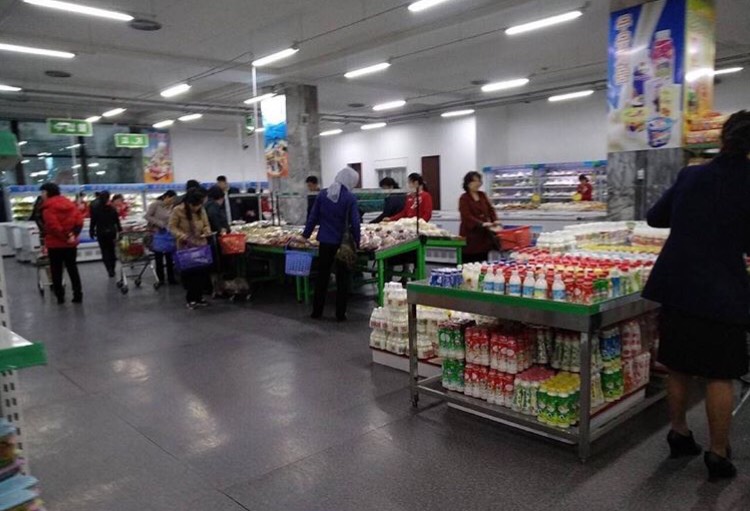
My surprise at how well Hyun-Sik could speak English led me to my second question: “Is it common for people in North Korea to speak English?”
He told me “No, not very much”. He went on to explain that it was only in university that any substantial amount of people spoke English. Hyun-Sik speaks three languages; Korean, Mandarin and English. He told me that speaking other languages was of interest to him and that he learned to speak English in a school class. Although this class was not mandatory and he chose to take it, this skill has proven of use to him as he speaks to people in English on the internet on a daily basis.
Next, we discussed the political climate of North Korea, particularly its relation to South Korea and the West: “What do you think of the idea of a reunification between North and South Korea?”
He responded: “I’d love unification, like any Korean it is a dream and goal. It is vital. As we are one people on one land sharing the same language and culture”. When I followed by asking what was currently holding Korea back from reunification, he explained: “Simply enough, the United States and their sympathisers in the ROK” (Editor’s Note: ROK is short for the Republic of Korea, the state which exists in the southern half of the peninsula). It seems to be that in the eyes of the DPRK and its people, America’s imperialism is what is stopping peace and reunification.
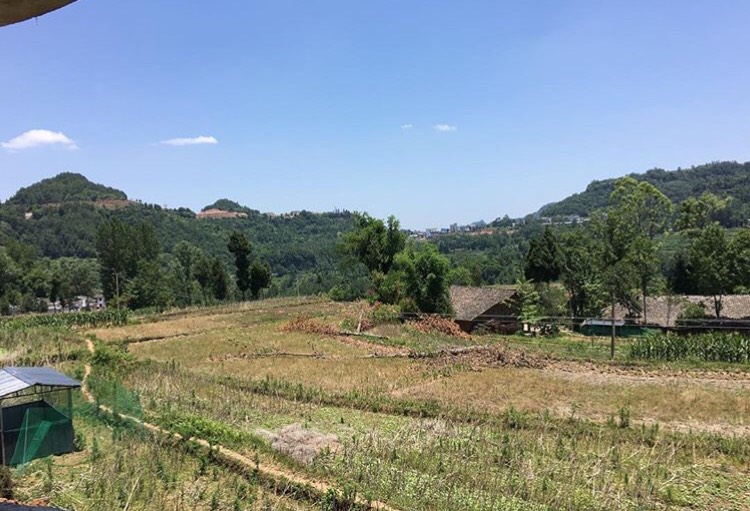
We discussed the current president of the US and I asked, “Do you think Trump was better or worse than Obama?”
“They are all the same. Same wars. I like that he has made for peace, but they are all imperialists, warmongers. What he’s doing in the Middle East is disastrous, but expected”. This shows he even has an awareness of contemporary politics in the wider world, including the Middle East.
I decided to get his view on the story American media outlets have been concentrating on for the last few weeks: “What do you think of the narrative of Trump being the cause for the talks between the DPRK and ROK (Republic of Korea)?”
“It’s absolute and complete nonsense, he’s trying to redeem himself, make him look like he’s done good when in fact he has nothing to do with inter Korean dialogue and communication for peace”. He said that he believes that unification on the Korean Peninsula will happen “within two decades”.
Hyun-Sik supports the Korean Workers’ Party, which is the party that holds the current majority in their parliament, headed by Kim Jong Un. In a comment on Kim Jong Un, he said that “he is the right man for the situation” He says that in the 2014 election, he was not of age to vote (17) but in the next election he will vote for the WPK (Workers’ Party of Korea). He commented that the party was “slightly authoritarian, but not extremely” like the narrative where we are commonly told that the DPRK government is totalitarian. He noted that military service is mandatory in the DPRK, he has not done his military service yet, but he said that it will be “Most likely after university, it depends onto what branch and if one would like to make into a career in the military”.
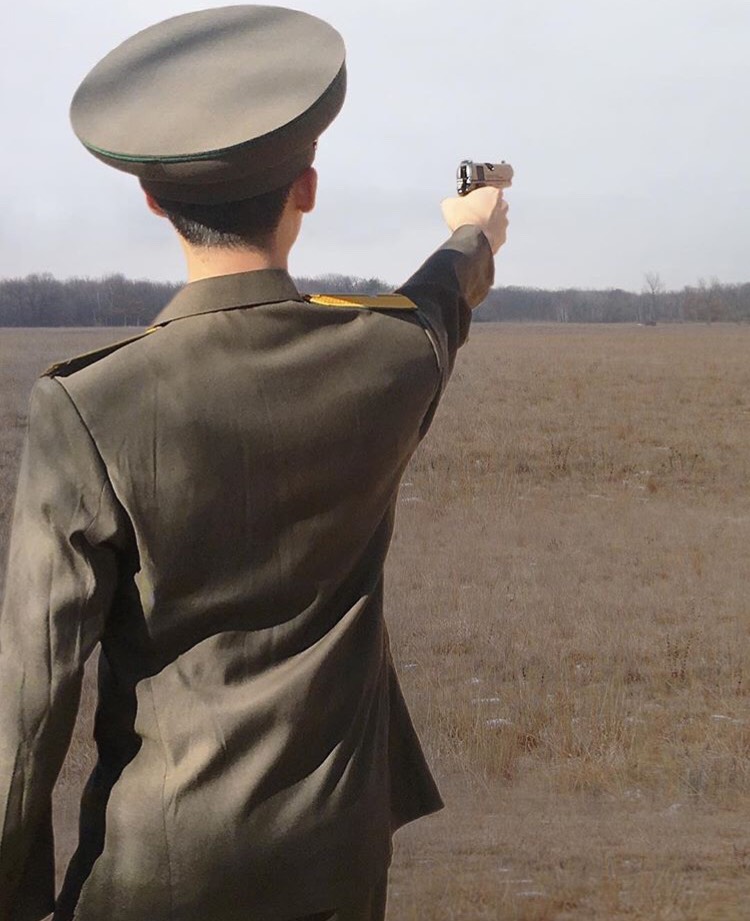
A common claim in the West is that DPRK citizens are not free to criticise their government and that their speech is heavily restricted. I asked Hyun-Sik if he were free to criticise his government, he told me “ah, most definitely”. When I asked him if he knew of anyone who had been punished for criticisms made of the DPRK government, he simply said “not to my knowledge”. He said that the general public favours the WPK, from what he has seen. His reasoning for supporting the WPK and Kim Jong Un are is that “the WPK is the founding revolutionary party of the DPRK, their policies have helped Korea achieve rapid progress and later modernisation through the arduous march”. He says he is a supporter of Juche socialism.
He went on to explain that DPRK citizens are aware of the many myths that are propagated about the DPRK in the West. I named a few such myths like that the DPRK citizens believe Kim Jong Un invented the hamburger and that the DPRK thinks they won the World Cup. He responded to me saying these are both false along with others. The examples he gave included the myth that citizens are only allowed certain haircuts and that citizens of the DPRK cannot watch western movies. He said that while there are stands in Pyongyang where people can buy DVDs, he personally prefers Chinese movies. He has watched the English movie “Mister Bean’s Holiday” and did not enjoy it very much.
One interesting thing which Hyun-Sik told me was that people in the DPRK are generally very happy in their lives, and that he would assume that people in the DPRK are, overall, happier than people in the West. I told him that in the West people often describe life as difficult due to large workloads and the pressure of competition: “Do people in the DPRK view life in a similar light?”
“We have many rights regarding labour, like the Right to Work and Right to Relaxation. We work between 7-10 hours a day, varies by job” The working week would be “between Monday and Saturday with Sunday off”.
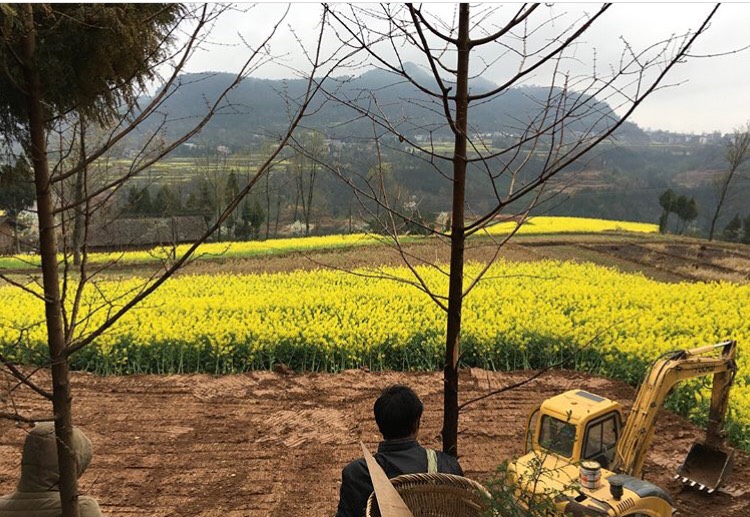
“Do citizens of the DPRK feel the same way about their work that Westerners do?”
“Frankly that is a question difficult to answer, it’s really a personal one. I know some people who throughly enjoy their career and come home happy and satisfied, some absolutely hate work and their lives. Mostly it is seen as positive,as we in the end are all helping each other”.
My final question to Hyun-Sik was “What would you like the West to know about the DPRK?”
“That we do not hate the people of the nations of imperialism, but only their government”.
Overall my discussion with Hyun-Sik was very informative. A learning experience through which I gained a deeper insight into daily life in the DPRK and the political climate from the perspective of an ordinary 18 year old citizen. CR.
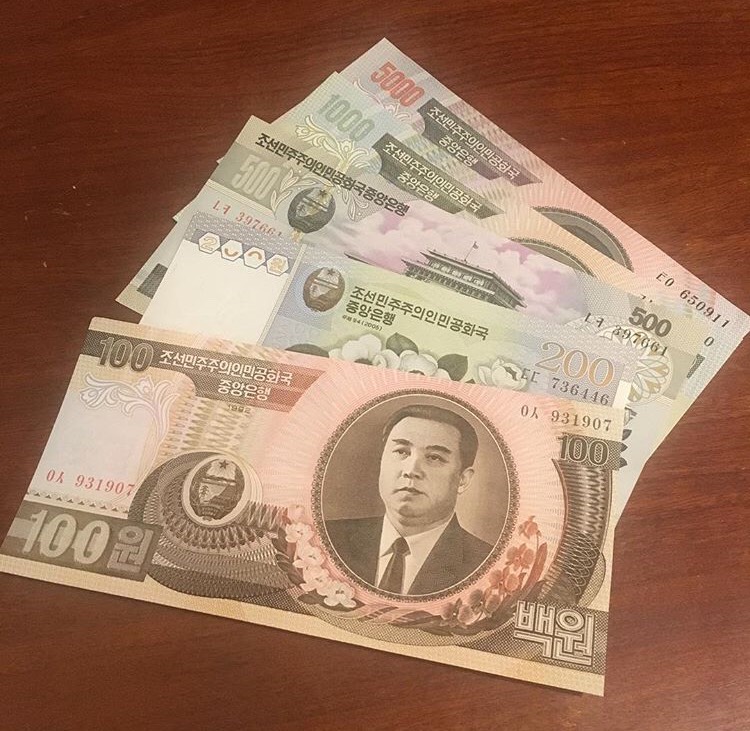

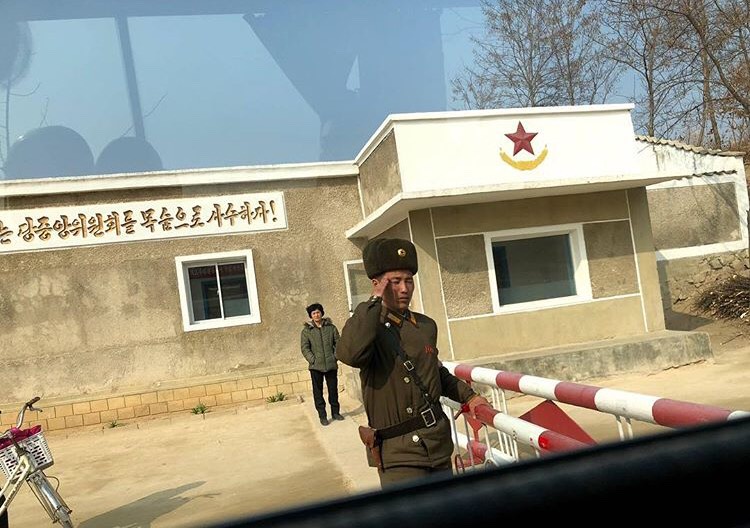
I haven’t met a single person below the age of 25 that had any valuable or objective insight about anything, but then again I live in the west, so maybe it’s different in the DPRK.
You are probably an idiot then if that’s your insight towards people below 25.
Pingback: DPRK Study Guide – DPRK Study Guide
You’ve written a great article that highlights the perspective of the people of the DPRK. In the modern world were much news gets derailed for the sake of poltics and money your work shines thru the dark clouds. Greatly done and keep up the good work.
This article is overly credulous. Its obviously talking to a fairly privileged young person, they’re not going to be representative of the general population.
Many people from many countries visit the DPRK each year, there are westerners teaching in universities there. Their reports are fairly consistent – access to the larger internet is fairly controlled, and limited mostly to elites. Even if it was limited to those who could afford it thats effectively the same thing.
There are a lot of truths couched in apologist language in this. Ask why access to the open web is expensive and slow.
Due to the nature of the internet we know quite a lot about the DPRKs presence on it. Its almost non existent. Theres no practial reason for this, telecoms from africa, europe, and asia have made or attempted deals with the DPRK to provide infrastructure for internet access and cellular service but the DPRK refuses all but small amounts of tightly controlled access. Instead they let companies in their close ally china provide it to those who can afford it and are allowed (ie the elites), and even then its heavily censored by the great firewall. Has the author been to China and used their internet? No facebook, no discussions of LGBT, no youtube…unless you get a VPN another expense most cant afford and which would raise scrutiny.
I have no doubt westerners ideas of the DPRK are exaggerated in many ways and the west of course has its own problems… but putting this much stock in the words of a wealthy teenager who is benefiting from the system and has a lot to lose by conplaining is absurd. Especially when its a subject we actually know quite a bit about because we can observe it from the outside- the DPRK telecom infrastructure and internet access. If you dont believe it go teach in or visit the DPRK as people I know have and watch your students have to request access for each page or see how little access people have.
Amen! Having myself visited NK and Wonsan specifically, I gotta say you’re right in everything you say.
You might need a correction, he said he was 17 in 2014 when their last elections were held, but you say this was the account of an 18 year old in your conclusion. Which is it?
17 is the minimum voting age in the DPRK. This is what the bracketed number was referring to. The interviewee was 14 at the time of the previous election. – Editor (FT)